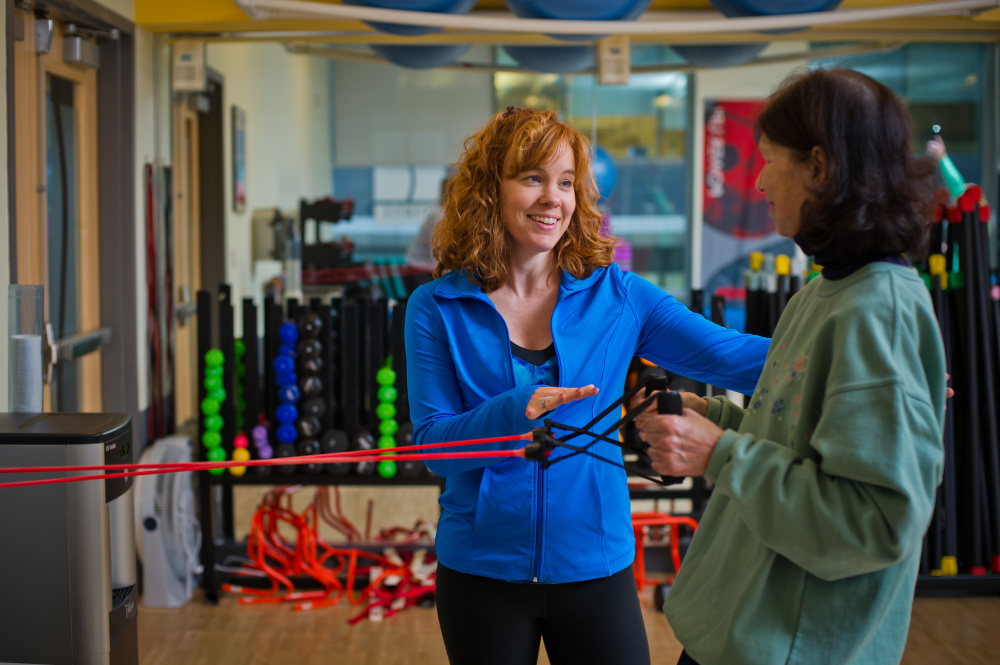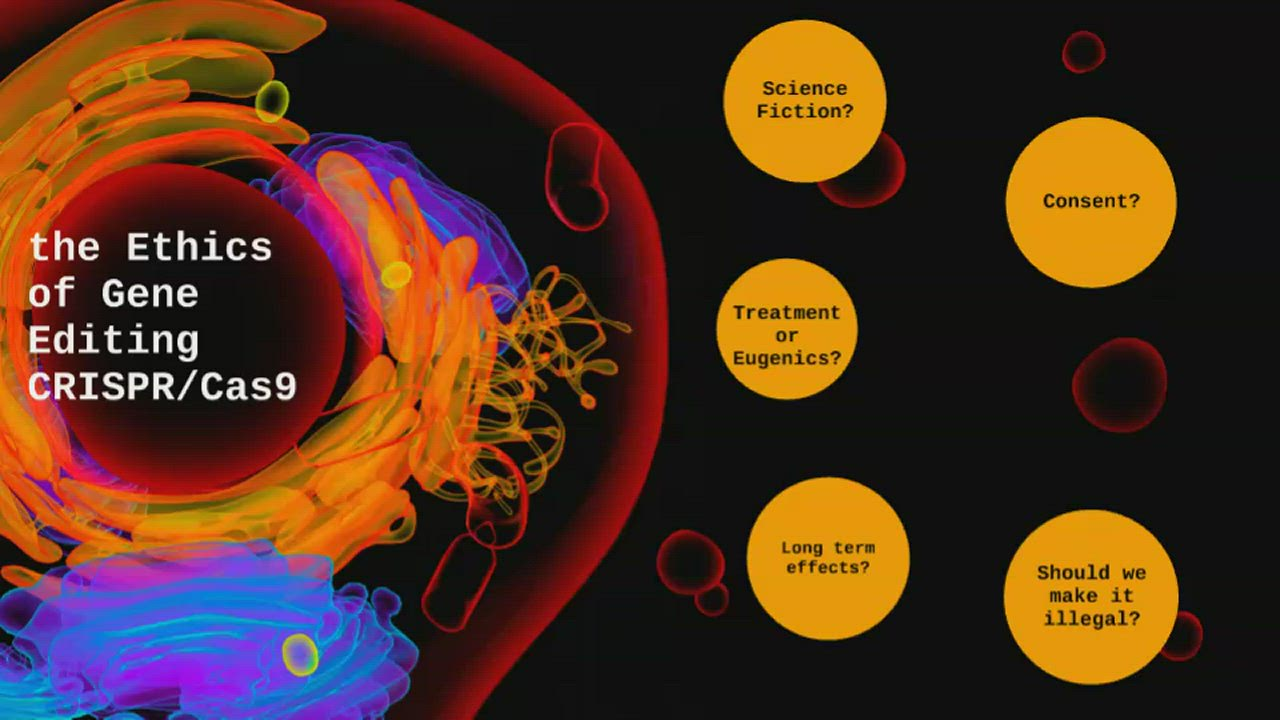Exercise colon cancer survivors significantly benefit from incorporating physical activity into their post-treatment routines. Research indicates that regular exercise not only enhances the quality of life but can also improve survival rates among those recovering from stage 3 colon cancer. Engaging in physical activities after cancer treatment helps bridge the gap in survival disparities between cancer survivors and the general population of similar age and gender. The benefits of exercise for cancer survivors extend beyond physical well-being, playing a crucial role in fostering emotional resilience and reducing the risk of recurrence. Thus, understanding the cancer and exercise relationship can empower survivors, encouraging them to take proactive steps in their recovery journey.
Individuals who have triumphed over colorectal cancer find that adopting an active lifestyle is pivotal in their recovery process. The term “exercise for cancer survivors” encompasses various forms of physical activity that contribute to improved health outcomes following treatment. Studies suggest that engaging in regular movement aids in enhancing overall well-being and boosts survival statistics, particularly for those who endured significant battles with stage 3 cancer. By understanding the impact of physical activity after cancer treatment, survivors can not only improve their health but also foster a strong sense of community and support. In essence, the commitment to exercise creates a robust foundation for long-term recovery and resilience.
The Role of Physical Activity After Cancer Treatment
Physical activity is a cornerstone of recovery after cancer treatment, especially for survivors of stage 3 colon cancer. Engaging in regular exercise not only helps in regaining strength and endurance but also plays a critical role in enhancing the overall quality of life. Studies indicate that patients who embark on a post-treatment fitness journey experience fewer side effects from cancer therapies and better emotional health outcomes. The relationship between cancer and exercise is gaining recognition, as research continues to support the link between physical activity and improved survival rates in colon cancer patients.
Moreover, the importance of adhering to a structured exercise regimen cannot be understated. Activities that promote cardiovascular fitness, such as walking, cycling, or swimming, can lead to significant improvements in both physical and mental health. For cancer survivors, these workouts help combat fatigue, which is a common complaint post-treatment, while also reducing the risk of secondary cancers. It is crucial for survivors to consult healthcare providers to tailor exercise programs that align with their personal health needs.
Survival Rates in Colon Cancer: The Effect of Exercise
Survival rates for colon cancer patients can significantly improve with regular physical activity following treatment. Research conducted by Dana-Farber Cancer Institute highlights that patients with high levels of activity demonstrate survival rates that are much closer to the general population, effectively narrowing the gap between these groups. This is critical information for late-stage colon cancer patients, as survival outcomes are often contingent upon lifestyle factors, including levels of physical activity. Regular exercise can reduce the risk of cancer recurrence and enhance long-term survival rates.
In fact, the analysis from clinical trials found that patients who engaged in vigorous physical activity were able to maintain their overall health despite the challenges posed by their diagnosis. For instance, those who achieved 18 or more MET-hours of activity per week had survival rates markedly closer to those in the general population compared to their less active counterparts. The findings strongly advocate for a proactive approach to fitness among cancer survivors, underscoring that exercise is not just beneficial but may be essential for longevity.
Benefits of Exercise for Cancer Survivors
The benefits of exercise for cancer survivors extend beyond physical health; they also encompass mental and emotional well-being. Engaging in regular physical activity can help alleviate anxiety, depression, and stress—a common triad of emotions following a cancer diagnosis. This holistic approach is essential for individuals navigating life after cancer, as it fosters a sense of normalcy and empowerment. Notably, exercise can increase energy levels, counteract fatigue, and improve overall mood, allowing survivors to reclaim their lives.
Furthermore, incorporating exercise into recovery plans provides social benefits as well, encouraging participation in community programs or workout groups. These interactions can foster connections among survivors, helping to build support networks that are vital for emotional reinforcement. From aerobic classes to yoga sessions designed specifically for cancer recovery, exercise opportunities abound, catering to a variety of interests and fitness levels. By acknowledging and embracing these multidimensional benefits, cancer survivors can cultivate a healthier, more vibrant post-treatment life.
Exercise Colon Cancer Survivors: A Path to Healthier Living
For colon cancer survivors, embracing regular exercise can be a transformative journey towards healthier living. Participating in activities such as walking, swimming, or strength training has been shown to boost physical health and enhance emotional resilience. The more active individuals tend to experience fewer adverse side effects from their treatment while simultaneously promoting better long-term health outcomes. Tailoring an exercise plan that addresses their unique needs can support cancer survivors in reclaiming control over their bodies and health.
Moreover, exploring various physical activities post-treatment is essential, as it helps maintain motivation and engagement. Survivors may benefit from consulting with fitness professionals who specialize in cancer recovery to establish personalized exercise routines. These professional insights can guide them through appropriate exercises, ensuring they progressively build strength, endurance, and flexibility. This holistic focus on fitness not only fosters physical recovery but also contributes to a greater sense of overall well-being among exercise colon cancer survivors.
Impact of Lifestyle Changes on Stage 3 Colon Cancer Recovery
Lifestyle changes, particularly incorporating exercise, can significantly impact the recovery trajectory of stage 3 colon cancer patients. Studies suggest that patients who adapt their lifestyles to include daily physical activity experience improvements in health outcomes compared to those who remain sedentary. This indicates that lifestyle modifications, including healthier dietary choices and regular exercise, can effectively improve recovery times and enhance overall survival rates after treatment.
Additionally, exercise routines that are consistently followed post-treatment create an environment conducive to healing and well-being. Engaging in physical activities helps reduce fatigue, one of the most common side effects that cancer survivors face, while also mitigating stress levels. The mental and emotional benefits are equally important, as these lifestyle changes help foster resilience and a proactive mindset among stage 3 colon cancer survivors, enabling them to focus on thriving rather than merely surviving.
Exercise as a Mitigating Factor for Cancer Recurrence
The relationship between exercise and the risk of cancer recurrence is a growing focus in oncology research. For colon cancer survivors, maintaining an active lifestyle may help mitigate the chances of recurrence, particularly within the critical three-year post-diagnosis period. Regular exercise appears to create an environment in the body that is less conducive to the re-emergence of cancer cells. Patients who maintain high physical activity levels are generally shown to have more favorable survival statistics compared to those who lead inactive lifestyles.
Furthermore, the findings from various studies suggest that exercise may induce beneficial changes in immune function and hormonal balance, contributing to a more robust defense against potential recurrences. This highlights the importance of encouraging exercise as an integral part of cancer care plans. By focusing on staying active post-treatment, colon cancer survivors can gain confidence in their fight against cancer while promoting healthier lifestyles that support ongoing recovery and well-being.
Customized Exercise Plans for Cancer Survivors
Creating customized exercise plans for cancer survivors is pivotal to ensuring their success in maintaining an active lifestyle post-treatment. Different survivors have varying levels of strength, endurance, and comfort; thus, tailor-made routines that consider these differences can lead to more effective outcomes. Physical therapists and trainers specializing in post-cancer fitness can assess individual needs and devise personalized exercise plans, focusing on both aerobic activities and strength training tailored to each survivor’s specific stage and recovery goals.
These customized plans not only provide guidance on what types of exercise are suitable but also help survivors set personal goals. Whether it’s regaining mobility, increasing daily energy levels, or enhancing overall physical health, clear and individualized objectives can motivate colon cancer survivors. Regular evaluations and adjustments to these fitness plans based on progress and feedback are essential to ensure that survivors stay engaged and effectively manage their recovery journey.
The Future of Exercise Research for Cancer Survivors
As more research is conducted on the impact of exercise on cancer survivors, future studies are expected to delve deeper into specific types of physical activity that offer the most benefits. Understanding which exercises target particular issues faced by colon cancer survivors, such as fatigue or strength loss, can lead to even more effective recovery protocols. This research can potentially shape rehabilitation programs and medical advice, further making exercise a cornerstone for improving cancer survivorship.
Additionally, ongoing studies will likely explore the timing, intensity, and duration of exercise that yield optimal results for different demographics among cancer survivors. By establishing a comprehensive framework for exercise in this context, healthcare professionals will be better equipped to make evidence-based recommendations that empower survivors to take charge of their health. In a world where survival rates are improving, integrating exercise as a fundamental aspect of post-treatment care is a promising path for future advancements in cancer recovery.
Frequently Asked Questions
What role does exercise play in the recovery of colon cancer survivors?
Exercise plays a crucial role in the recovery of colon cancer survivors by improving overall health, enhancing mood, and reducing fatigue. Regular physical activity after cancer treatment is associated with better survival rates, especially for those recovering from stage 3 colon cancer.
How does physical activity after cancer treatment affect survival rates in colon cancer patients?
Physical activity after cancer treatment significantly improves survival rates in colon cancer patients. Studies show that survivors who engage in regular exercise exhibit survival rates that are closer to the general population compared to those who are inactive, particularly in stage 3 colon cancer recovery.
What are the benefits of exercise for cancer survivors, particularly for colon cancer patients?
The benefits of exercise for cancer survivors include enhanced physical fitness, reduced risk of cancer recurrence, improved emotional well-being, and overall better survival outcomes. For colon cancer survivors, increased physical activity can serve to mitigate survival disparities, offering a better prognosis.
Can exercise help stage 3 colon cancer survivors live longer?
Yes, exercise can help stage 3 colon cancer survivors live longer. Research indicates that engaging in regular physical activity post-treatment aligns patients’ survival rates more closely with those of the general population.
What is the relationship between cancer and exercise for colon cancer survivors?
The relationship between cancer and exercise is integral for colon cancer survivors. Regular exercise supports recovery, reduces symptoms of fatigue, enhances psychological health, and has been linked to significantly improved survival rates.
How much exercise should colon cancer survivors aim for after treatment?
Colon cancer survivors should aim for at least 18 MET-hours of physical activity per week, which can include brisk walking, cycling, or other forms of moderate exercise. Even short bouts of physical activity can be beneficial, as studies show that some exercise is better than none.
Do cancer survivors need to be highly active to see benefits from exercise?
No, cancer survivors do not need to be highly active to see benefits from exercise. Even low levels of physical activity can improve survival outcomes and health quality for colon cancer survivors.
What types of exercise are recommended for colon cancer survivors?
Recommended types of exercise for colon cancer survivors include aerobic activities like walking or cycling, strength training to maintain muscle mass, and flexibility exercises like yoga or stretching to enhance overall mobility.
How can colon cancer survivors stay motivated to exercise regularly?
Colon cancer survivors can stay motivated to exercise regularly by setting achievable goals, participating in group classes, enlisting workout buddies, tracking their progress, and focusing on the positive benefits of physical activity.
Is it safe for colon cancer survivors to exercise after treatment?
Yes, it is typically safe for colon cancer survivors to exercise after treatment, but it is important to consult with healthcare providers to tailor an appropriate exercise plan based on individual health status and recovery.
| Key Points |
|---|
| Regular exercise has a positive effect on survival rates for colon cancer survivors post-treatment. |
| Data from two clinical trials indicated significant averages in life expectancy between active and inactive patients. |
| Survivors with high physical activity levels (18+ MET-hours/week) had survival rates closer to the general population. |
| Improved survival rates were observed regardless of age at diagnosis. |
| Even minimal exercise (10-20 minutes) can be beneficial for overall survival. |
| Recurrence rates of cancer significantly impacted survival; exercise helped mitigate these disparities. |
Summary
Exercise colon cancer survivors can significantly benefit from regular physical activity, which has been shown to enhance long-term survival rates. This study highlights that survivors who engage in higher levels of physical activity post-treatment not only reduce their chance of recurrences but also align their survival rates more closely with the general population. Therefore, incorporating exercise into their lifestyle is crucial for colon cancer survivors aiming to improve their health outcomes.


